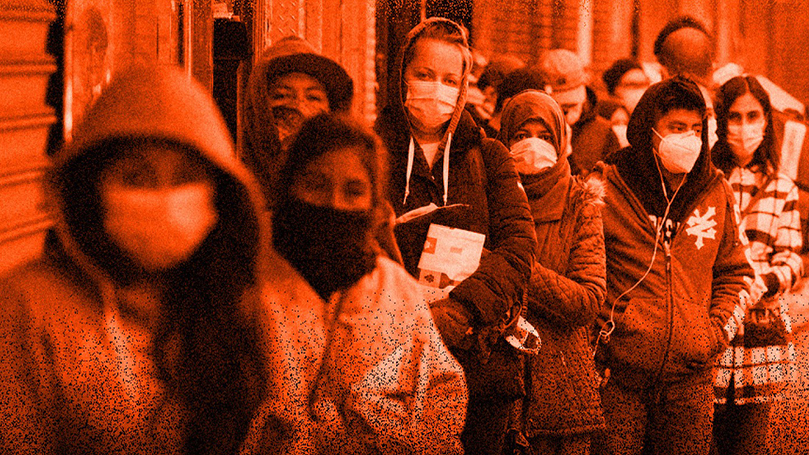In the first months of 2020, in the United States, there was a growing trend of mass voluntary layoffs, which in April of the same year resulted in a record number of requests for worker layoffs. Called “The Great Resignation”, or “Big Quit”, this rearrangement in the US job market affected a considerable portion of people leaving their jobs for various reasons, which generated numerous debates and insights.
According to
BBC Brazil publication “In that month, almost 4 million workers, or 2.7% of the entire workforce in the country, left their jobs. It is a record since 2000, when data began to be recorded”. However, this “wave of layoffs makes for an ambiguous picture: it takes place in the same country where there are more than 9.3 million unemployed, according to data from May from the Department of Labor”.
Analysts point to several factors that could explain the fact that millions of people are resigning in the country, from the phenomenon of exhaustion of work, potentiated by the Covid-19 pandemic, to the new adaptations in the environment of workers with the mass advent of working from home. The fact is that there has been a high turnover in positions, especially those with low pay, in which people do not achieve satisfaction or career progression.
In late 2021, a publication citing the report by “
UCLA’s Latino Policy & Politics Initiative” pointed out that the number of resignations among Latina women were higher than any other demographic: “from March 2020 to March 2021, the number of Latinas in the workforce dropped by 2.74%, meaning there are 336,000 fewer Latinas in the labor force. (…) these women mostly attribute it to family needs and a lack of child care support. However, the reasons for these resignations are undoubtedly compounded for marginalized communities in ways statistics have yet to fully show”.
This reality has shown itself to be different in the midst of analyzes on the theme of the “Great Renunciation”, with regard to the Latino women's workforce. Also according to the publication “for some Latinas, the mirage of the American Dream faded amid the Covid-19 pandemic, and many chose to divest from the cultural, societal, and professional standards placed on first and second-generation communities. Watching elders, namely family matriarchs, work tirelessly to provide for relatives in the U.S. and back home, oftentimes sacrificing their own needs to ensure their loved ones have a better life, offered a sobering view of this intangible dream few of us have truly achieved. After witnessing firsthand the emotional, mental, and physical toll of this investment, Latinas are increasingly ditching traditional work models in favor of peace of mind, work-life balance, overall health and, yes, family”.
 cpusa.org
cpusa.org











